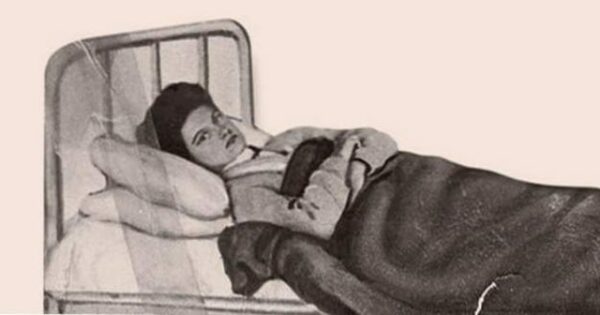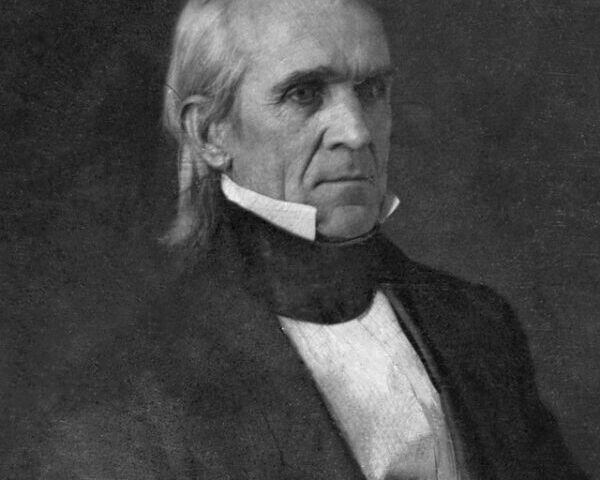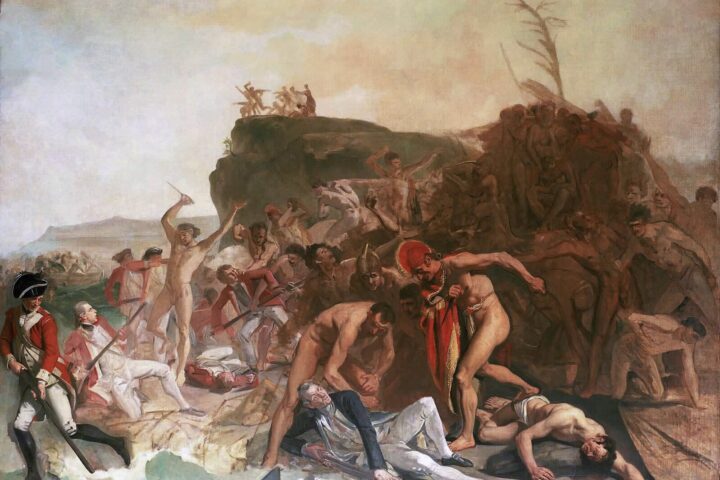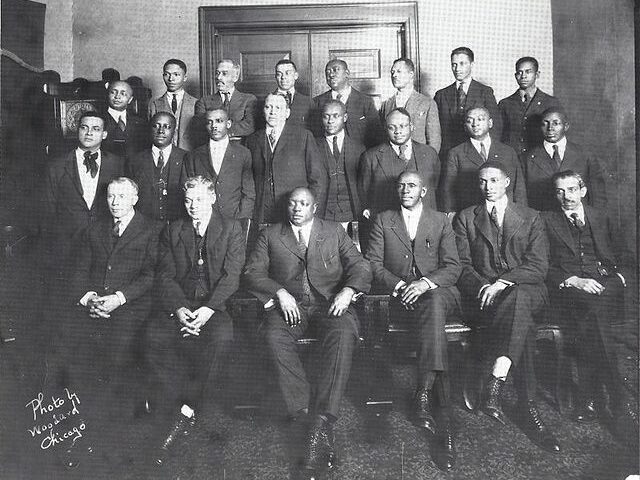On September 22, 1869, one of the most notorious figures in American history was born. Typhoid Mary, whose real name was Mary Mallon, was an infamous figure in the history of public health and epidemiology.
Wired writes, “Mallon was in her teens when she came to the United States, where she found work as a domestic servant. By all accounts a talented cook, Mallon was employed in a succession of upper-class kitchens around New York state. In the summer of 1906, she was working for a Manhattan banker, Charles Henry Warren, who had taken a vacation rental with his family on Long Island. In late August, one of the Warren daughters fell ill with typhoid fever. She was joined, in quick succession, by her mother, two maids, a gardener and a second Warren daughter.
The owner of the summer home feared the loss of a cash cow if word got around that the place was a breeding ground for typhoid fever. So he hired George Soper, a public health official with knowledge of the disease, to snoop around.
Although Mallon had already left the family’s employ, Soper soon latched onto her as the probable source. As he investigated her employment history, Soper discovered that similar typhoid outbreaks had accompanied Mallon wherever she went as far back as 1900.
When Soper tracked her down and tried to get her to provide urine and stool samples, Mallon denied that she was sick and told him in no uncertain terms to bugger off.
Her attitude is understandable in the context of the times: Mallon was not well-educated but even if she had been, the notion of a healthy carrier was not fully understood — even in the medical community. All she knew was that she felt fine and exhibited no symptoms, and she objected to being fingered as the perpetrator.”
Mary was subsequently quarantined and became the first documented asymptomatic carrier of typhoid fever in the United States. She spent a total of 26 years in isolation, initially on North Brother Island in New York’s East River and later at Riverside Hospital. Her case raised significant ethical and legal questions about the balance between individual rights and public health, as she vehemently resisted being confined, considering herself healthy.
Mary Mallon’s story highlights the importance of understanding the role of asymptomatic carriers in disease transmission and the need for public health interventions. Her case also contributed to the development of guidelines and policies for handling individuals who pose a public health threat due to their carrier status. Typhoid Mary remains a cautionary tale and a symbol of the complex and sometimes contentious relationship between personal freedom and public health in the face of infectious diseases.






